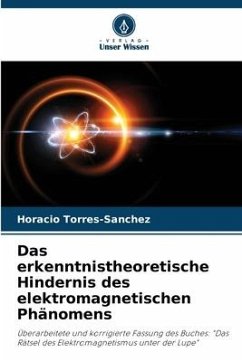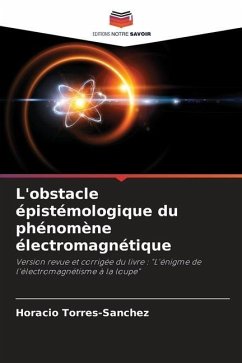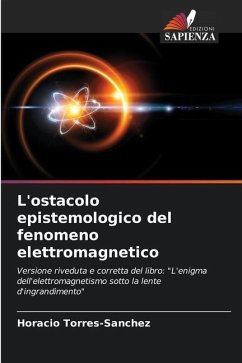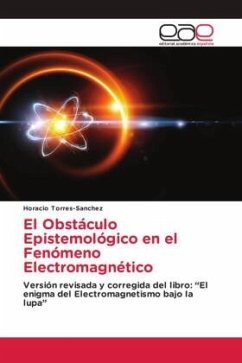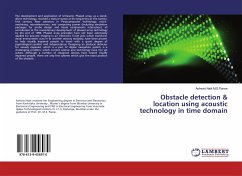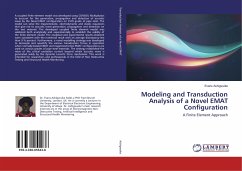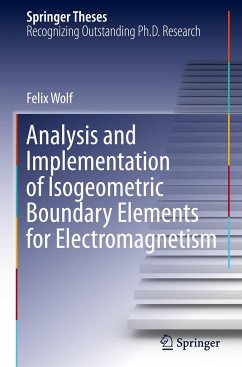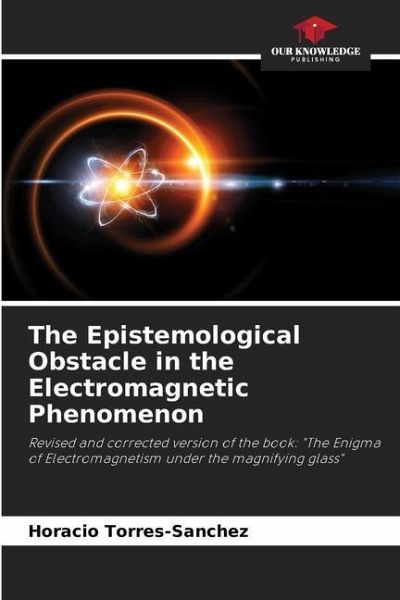
The Epistemological Obstacle in the Electromagnetic Phenomenon
Revised and corrected version of the book: "The Enigma of Electromagnetism under the magnifying glass"
Versandkostenfrei!
Versandfertig in 6-10 Tagen
40,99 €
inkl. MwSt.

PAYBACK Punkte
20 °P sammeln!
The Epistemological Obstacle in the Electromagnetic Phenomenon: In this book the author, based on a systematic research on the electromagnetic phenomenon, makes an analysis from the interpretations in the ancient Acadian culture, the Greek culture, the interpretations of the American Indian cultures, to the scientific knowledge and applications that we have today and in the future. In the development of this analysis, the author is repeatedly confronted with a question on the subject: why did it take nearly 4000 years for the human being to decipher, understand and then master the electromagne...
The Epistemological Obstacle in the Electromagnetic Phenomenon: In this book the author, based on a systematic research on the electromagnetic phenomenon, makes an analysis from the interpretations in the ancient Acadian culture, the Greek culture, the interpretations of the American Indian cultures, to the scientific knowledge and applications that we have today and in the future. In the development of this analysis, the author is repeatedly confronted with a question on the subject: why did it take nearly 4000 years for the human being to decipher, understand and then master the electromagnetic phenomenon? To answer this question the author outlines the hypothesis on what epistemologists Bachelard and Bacon raised about the theory of knowledge: the epistemological obstacle and the idols: the limitations or impediments that affect the capacity of individuals to construct new knowledge. The interpretations, myths and legends, up to the scientific understanding and its technological applications that changed life on earth, have been compiled by the author during a research process of about four years.



